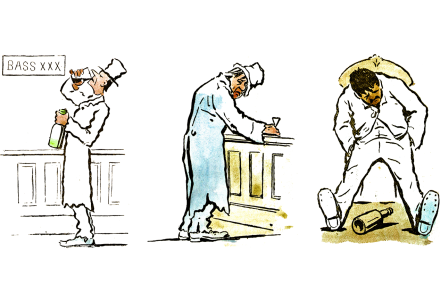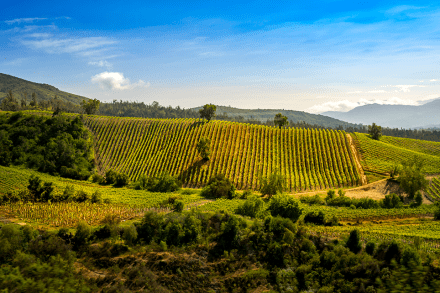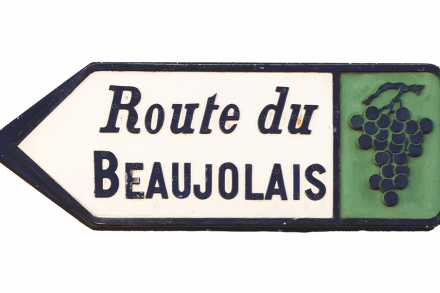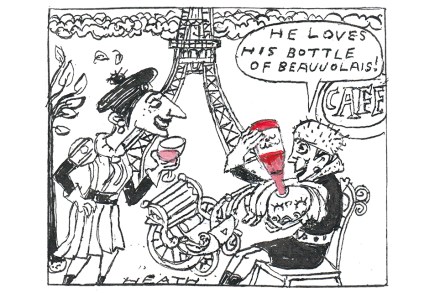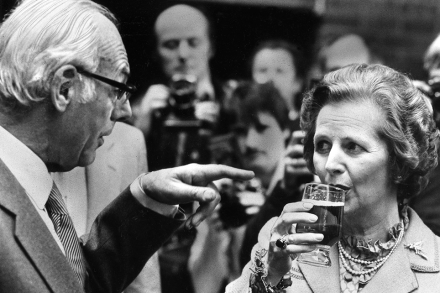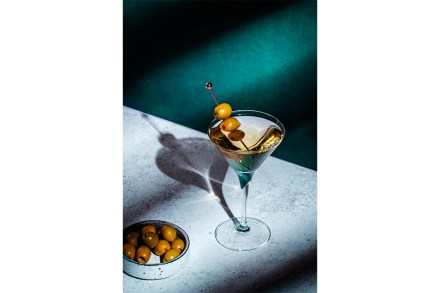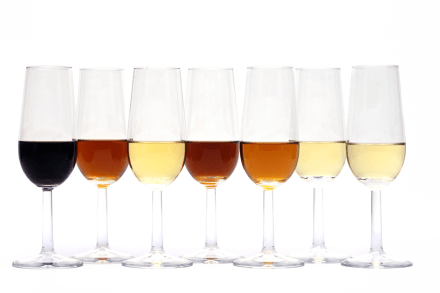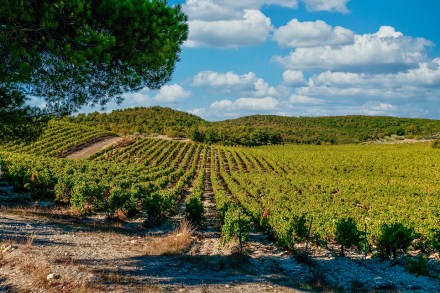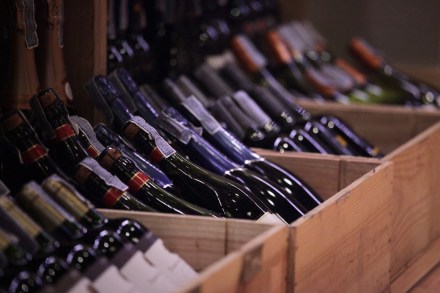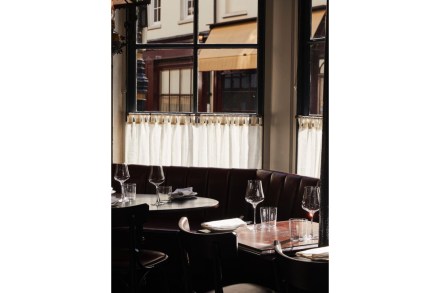Could I limit myself to 100 bottles of wine in a year?
Back in January, I wrote about my new year’s resolution to cut down on my drinking. The thought of total abstinence was too bleak, so my plan was to limit myself to 100 bottles of wine in 2024. Not quite the NHS’s recommended limit of 14 units of alcohol a week – roughly one-and-a-half bottles – but not a million miles away. I envisaged taking Mondays, Tuesdays and Wednesdays off and then confining myself to half a bottle a day for the remainder of the week. Although I also intended to do Dry January, thereby building up an eight-bottle credit. So 100 bottles in 11 months was my aim. Surely
